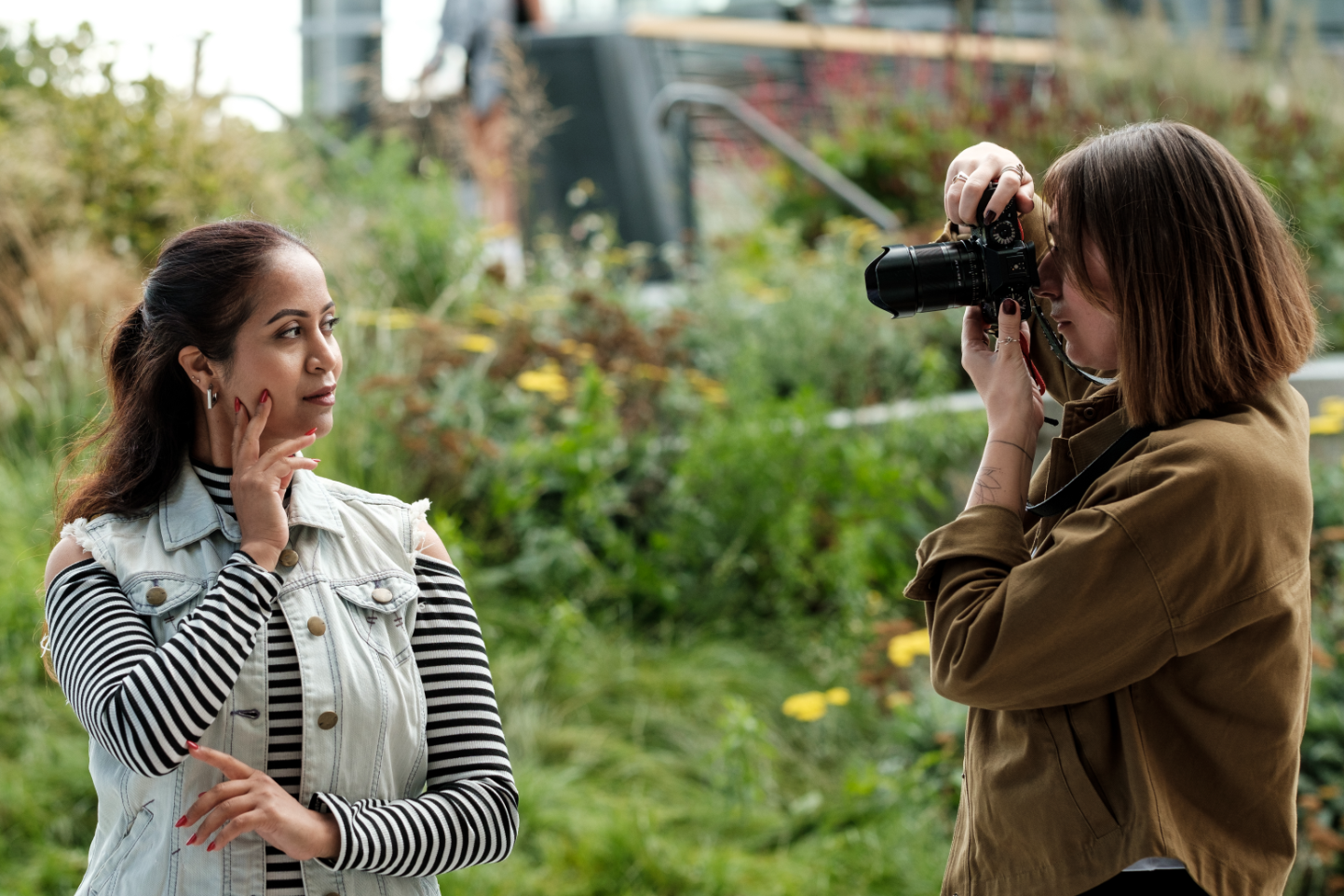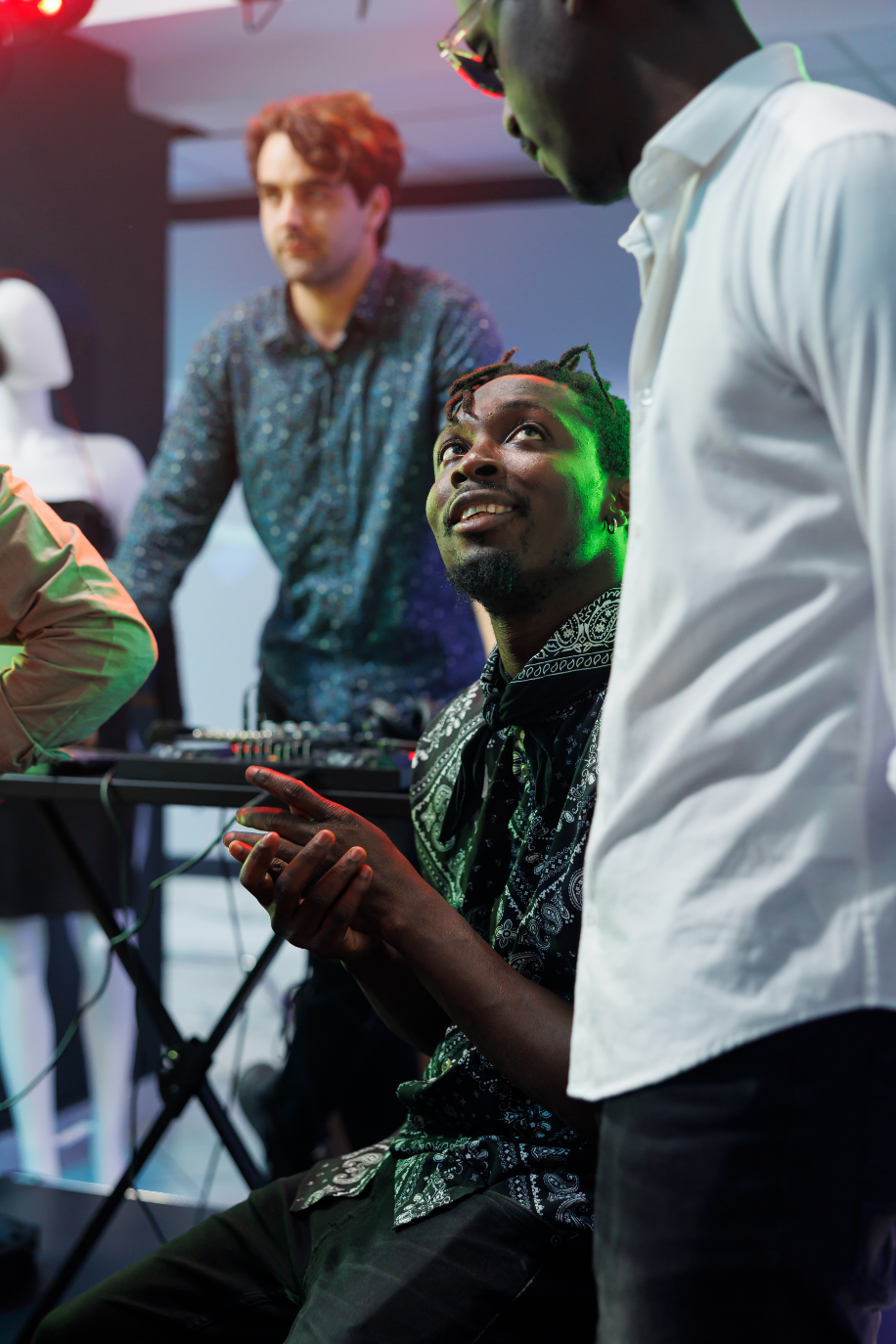Future-Proof Your Film Skills: Top Production Innovations

The film industry is a dynamic beast, constantly evolving with new technologies that redefine what's possible on screen and behind the scenes. What was once cutting-edge can quickly become standard, or even obsolete. For anyone building a career in film – from aspiring cinematographers to seasoned editors – staying ahead of these innovations isn't just a good idea; it's essential for future-proofing your skills and ensuring your longevity in this exciting, yet competitive, field.
At FilmBaker, we believe in empowering filmmakers with the knowledge and tools they need to thrive. That’s why we’re diving into the top production innovations that are reshaping the industry right now, and how you can adapt, learn, and even lead the charge. Get ready to embrace the future!
The Rise of Virtual Production & Real-time Workflows
Perhaps no innovation has captured the industry's imagination quite like virtual production. Driven by advancements in LED stage technology, real-time game engines like Unreal Engine and Unity, and sophisticated camera tracking, virtual production allows filmmakers to shoot actors against immersive digital environments that react dynamically to camera movement. This isn't just about fancy backgrounds; it's about bringing the virtual world into the physical production space, offering unprecedented creative control, flexibility, and often, significant cost and time savings compared to traditional green screen or on-location shoots.
For professionals, this means a shift in required skill sets. Directors need to understand how to block scenes within a virtual environment, cinematographers must master lighting for LED volumes, and VFX artists are becoming integral on-set partners, not just post-production specialists. Learning game engine fundamentals, understanding ICVFX (in-camera visual effects) workflows, and even dabbling in real-time asset creation are becoming invaluable skills that bridge the gap between traditional filmmaking and cutting-edge technology.
AI's Transformative Role in Every Stage
Artificial intelligence (AI) is no longer science fiction; it's a powerful tool revolutionizing nearly every stage of film production. From pre-production to post, AI is automating tedious tasks, accelerating workflows, and opening up new creative avenues. Think about AI-powered script analysis that can predict audience reception or identify plot holes, or AI assistants that can generate storyboards and pre-visualizations based on simple text prompts. In post-production, AI is already being used for intelligent editing suggestions, automated rotoscoping and keying, noise reduction, upscaling footage, and even generating realistic voiceovers or music.
This doesn't mean AI is coming for your job; rather, it means your job is evolving. The future lies in understanding how to leverage AI tools to enhance your efficiency and creativity. Practical tips include experimenting with AI-driven editing plugins, exploring generative AI for concept art or pre-production assets, and focusing on the higher-level creative direction that AI cannot replicate. Your unique vision and ability to craft compelling narratives become even more valuable when AI handles the grunt work.
Harnessing Cloud Collaboration & Remote Work
The global pandemic accelerated the adoption of remote work and cloud-based workflows, transforming how film teams collaborate. Today, it's increasingly common for editors to work on projects from different continents, for dailies to be reviewed in real-time by stakeholders spread across time zones, and for entire post-production pipelines to exist entirely in the cloud. Platforms like Frame.io, Evercast, and even cloud versions of editing software like DaVinci Resolve Cloud are enabling seamless communication, asset sharing, and collaborative editing regardless of physical location.
Mastering these collaborative platforms and understanding cloud infrastructure is crucial. Beyond the technical skills, developing strong communication, organizational, and project management abilities are paramount when working with distributed teams. Learning to securely share and manage large media files, understanding version control in a cloud environment, and being adept at virtual meetings and feedback loops will ensure you remain an indispensable part of modern film production teams.
Beyond the Tech: Cultivating Adaptability and New Skillsets
While specific technologies dominate the headlines, the most important skill for future-proofing your career is adaptability itself. The pace of innovation means that what's new today will be old tomorrow. Therefore, fostering a mindset of continuous learning, curiosity, and embracing change is non-negotiable. This involves not just understanding new software or hardware, but also rethinking traditional workflows and being open to interdisciplinary collaboration.
Consider developing hybrid skillsets. A cinematographer who understands game engines, an editor who can utilize AI tools, or a producer who navigates cloud-based pipelines will be far more versatile and in demand. Network with professionals outside your immediate discipline, attend webinars and workshops on emerging tech, and don't be afraid to experiment with new tools on personal projects. The goal is not just to keep up, but to anticipate and actively shape the future of filmmaking.
Conclusion
The future of film production is here, and it’s an incredibly exciting time to be a part of it. From the immersive worlds of virtual production to the intelligent assistance of AI and the global reach of cloud collaboration, the tools at our disposal are more powerful than ever. By embracing these innovations, cultivating a spirit of lifelong learning, and focusing on adaptability, you won't just keep your skills relevant – you'll become a leader in the next generation of filmmakers.
Ready to take the next step in your film career and connect with resources that can help you master these cutting-edge techniques? Visit FilmBaker today to explore how we can support your journey into the future of film.


